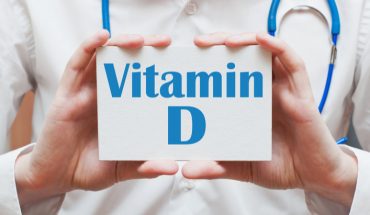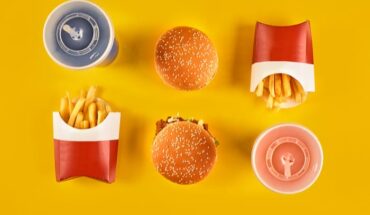Last month, the UK government published draft legislation for a tax on sugar-sweetened drinks, which is set to begin from April 2018. The rate has yet to be set but it is hoped the move will help tackle the nation’s obesity problem.
What is clear, however, is that the drinks industry is seeking to make any levy as low as possible when in fact it needs to be high in order to change pricing behaviour in a meaningful way.
Our paper, published in the Journal of Business Research, conveys a really important point that is fundamental to public policy making in this area but which has been entirely overlooked. This is that the current basis for intervention to restrict the excessive quantity of sugary drinks rests entirely on the premise that this will be good for the health of consumers and a cost saving to society from reduced healthcare costs.
However, there are good economic reasons as well as health reasons to have a sugary drinks tax as a means to curb excessive consumption of calorie-laden sugary drinks and encourage more efficient pricing. A soft drinks industry levy needs to be set high enough to ensure that the retailers are discouraged from imposing a surcharge on smaller drinks sizes, which penalises moderating consumption in order to steer consumers towards consuming excessively through relative discounts and multi-buy offers on large drinks sizes.
In one recent example of the kind of temptation that value size pricing offers consumers, a leading supermarket retailer selling a sugary carbonated drink was offering the following prices before Christmas: buy two 1.75 litre bottles for £2 (1470 kcal at 2.3 pence per teaspoon of sugar), one 1.75 litre bottle for £1.66 (735 kcal at 3.8 pence per teaspoon of sugar) or one 0.5 litre bottle for £1.25 (210 kcal at 9.9 pence per teaspoon of sugar). The unit price of the latter small size bottle was more than four times higher than on the multi-buy offer on the large size bottle.
Similar incentives to ‘go large’ exist at restaurants, fast-food outlets and other eateries where for a few extra pence or cents consumers can supersize their sugary drinks or have free refills.
It is no wonder that many consumers feel compelled to take advantage of the size discount and then consequently overconsume. Equally, those consumers sticking to the small size can feel aggrieved at being penalised by paying a high price for their discipline in restricting their consumption.
It is the exploitation of these disciplined consumers which puts off other consumers from restricting their purchase sizes in favour of the temptation of grabbing a supposed bargain because of the way the offer is couched as a ‘discount’, when in fact, it is the small size which suffers a ‘surcharge’ from which the retailer can handsomely profit.
Policy measures which dissuade retailers from using such pricing tactics to drive higher volumes of sugary drinks are therefore justified on both health and economic grounds.
Containing big soda: Countering inducements to buy large-size sugary drinks’, Paul Dobson, Ratula Chakraborty and Jonathan Seaton, is published in the Journal of Business Research.
- More good reasons for the Sugar Tax - 11th January 2017






